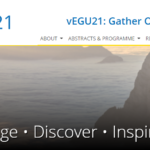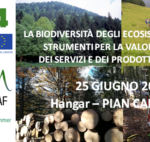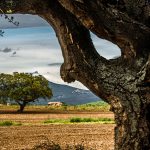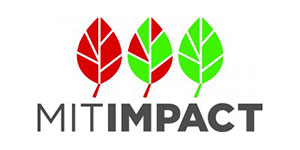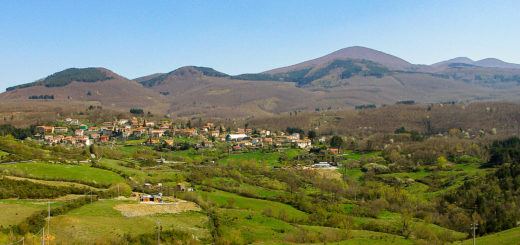Session at the next EGU conference on Mediterranean forest vulnerability
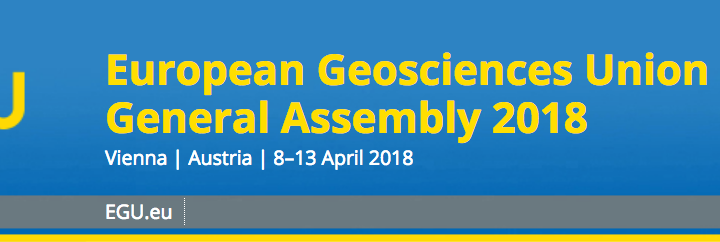
The EGU General Assembly 2018 will bring together geoscientists from all over the world to one meeting covering all disciplines of the Earth, planetary and space sciences. The EGU aims to provide a forum where scientists, especially early career researchers, can present their work and discuss their ideas with experts in all fields of geoscience. The EGU is looking forward to cordially welcoming you in Vienna.
BG2 – Terrestrial Biogeosciences
BG2.23 Mediterranean forests under pressure: current knowledge and future science directions
Convener: Francesco Ripullone
Co-Conveners: Giovanna Battipaglia, Jesus Julio Camarero, Veronica De Micco
In recent decades, forest vulnerability is rapidly increasing worldwide; forest dieback episodes have been recorded in all biomes affecting different tree species. In particular, several cases of widespread dieback and increased mortality rates have been described for Mediterranean tree and shrub species. These dieback cases are revealing the high vulnerability of some Mediterranean forests, manifested as a loss in tree vigour (leaf shedding, canopy and shoot dieback), growth decline and sometimes tree death. Such dieback phenomena seem to be a response to the rapid temperatures rise and associated drying trends. These cases, extended to a larger scale, can have the potential to rapidly alter forest ecosystem services, with important implications on the carbon-water balance, plant communities and tree population dynamics.
This session focuses on efforts to improve our understanding on how Mediterranenan forest ecosystems respond to changes in climate and to increasing occurrence of extreme events such as heat waves and severe drought stress. In particular, there is increasing awareness on the need to evaluate which functional and structural traits make some tree species more prone to drought-induced dieback. Contributions include both observational, theoretical and as well as experimental studies, spanning a range of scales and conditions. Contributions on studies in semi-arid and other drought-prone ecosystems are also welcome.
Important dates
Abstract submission 13 Oct 2017–10 Jan 2018, 13:00 CET
Support application: 13 Oct–01 Dec 2017

Segnalato da Francesco Ripullone
Info Autori
Scuola di scienze Agrarie, Forestali, Alimentari e Ambientali (SAFE-UNIBAS)

